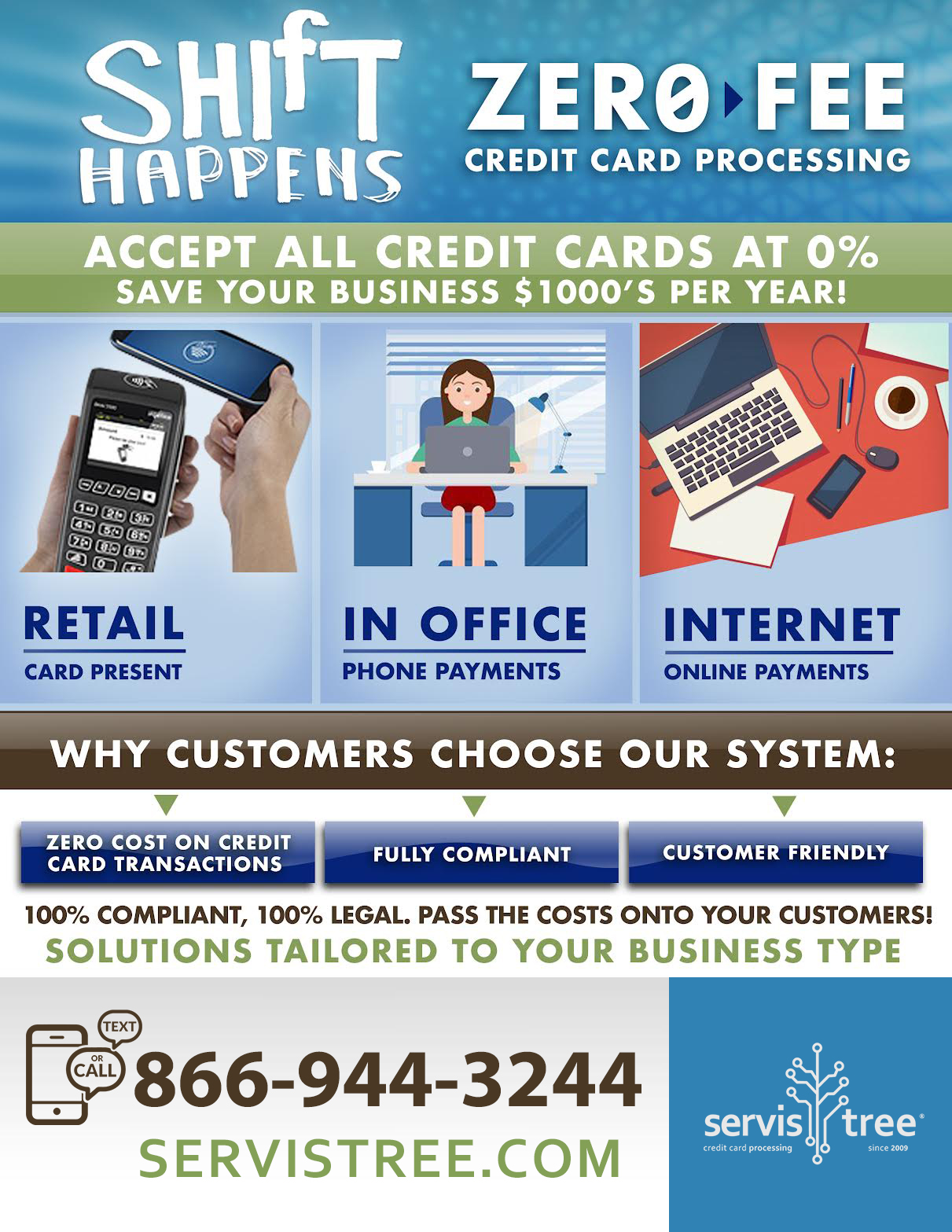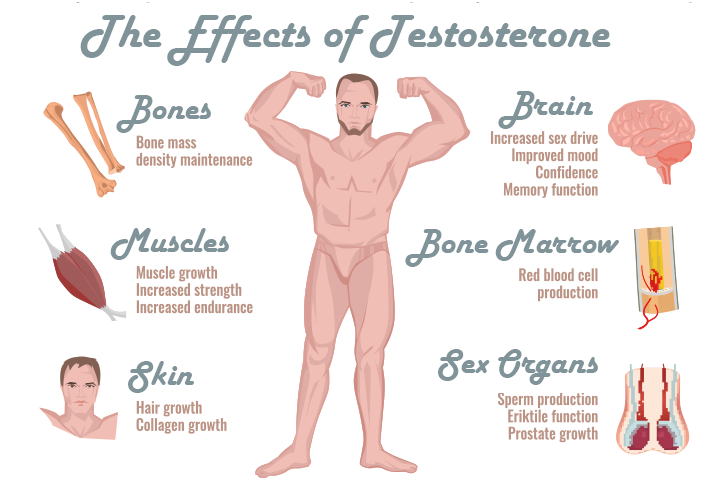Cash Discount vs. Credit Card Surcharge: What’s the Difference?
Cash Discount vs. Credit Card Surcharge: What’s the Difference?
As a business owner, managing payment processing fees is a crucial part of protecting your bottom line. Two popular methods for reducing these fees are cash discounting and credit card surcharging—but they’re often misunderstood or used interchangeably. While both aim to offset the cost of accepting credit cards, they function very differently and come with unique legal and customer service considerations.
What Is a Cash Discount?
A cash discount is when you offer a lower price to customers who pay with cash or check instead of a credit card. In this model, the listed price reflects the higher cost of credit card acceptance, and customers receive a discount if they choose to pay with cash.
Example:
-
A product is listed at $100 (credit card price).
-
A customer pays with cash and receives a 4% discount.
-
They pay $96 at checkout.
Key Benefits:
-
Legal in all 50 states
-
Encourages cash payments
-
Reduces card processing fees without needing to label it as a “fee”
-
Generally more accepted by consumers than surcharges
Considerations:
-
The posted price must be the credit card price
-
You must clearly display signage explaining the cash discount
-
Customers may expect the discount to be applied automatically
What Is a Credit Card Surcharge?
A credit card surcharge is an additional fee added to a sale when a customer chooses to pay with a credit card. Unlike cash discounting, the listed price is the cash price, and a percentage (typically up to 3%) is added only if the customer pays with a credit card.
Example:
-
A product is listed at $100 (cash or debit price)
-
A customer pays with a credit card and is charged an additional 3%
-
Their total comes to $103
Key Benefits:
-
Passes processing fees directly to the customer
-
Reduces or eliminates your cost to accept credit cards
-
Simple to implement with compliant POS systems
Considerations:
-
Cannot be applied to debit or prepaid cards
-
Subject to state laws – currently not allowed in Connecticut or Massachusetts
-
Requires specific disclosure and signage requirements
-
Must be properly registered with Visa and Mastercard
Which Option Is Right for Your Business?
| Feature | Cash Discount | Credit Card Surcharge |
|---|---|---|
| Legal in All States | ✅ | ❌ (Banned in some states) |
| Applies to Debit Cards | ✅ | ❌ |
| Customer-Friendly | ✅ | ⚠️ May feel like a penalty |
| Requires Registration with Card Brands | ❌ | ✅ |
| Common in Gas Stations / Retail | ✅ | ✅ |
| Reduces Processing Costs | ✅ | ✅ |
Final Thoughts
Both cash discounting and surcharging can help lower your payment processing costs—but choosing the right option depends on your business type, customer base, and state laws. Surcharging may save you more if most customers pay with credit cards, but a cash discount program is easier to implement and generally better received by customers.
At Servistree, we specialize in helping businesses implement compliant cash discount and surcharge programs. If you're unsure which strategy works best for your business, we’re here to help.
Get a no-obligation rate review today or contact us for a free consultation to learn more. 866-944-3244 or visit https://www.servistree.com/services/switch-credit-card-processors
‹ Back









